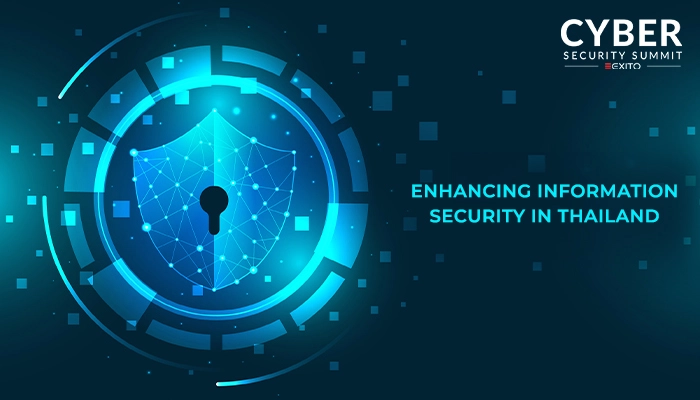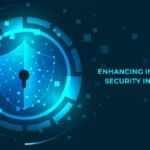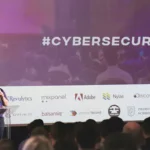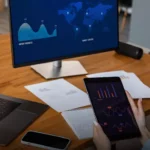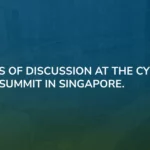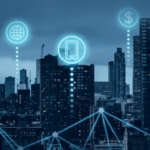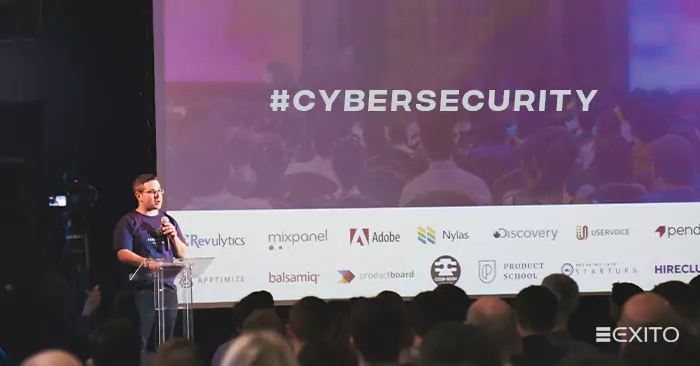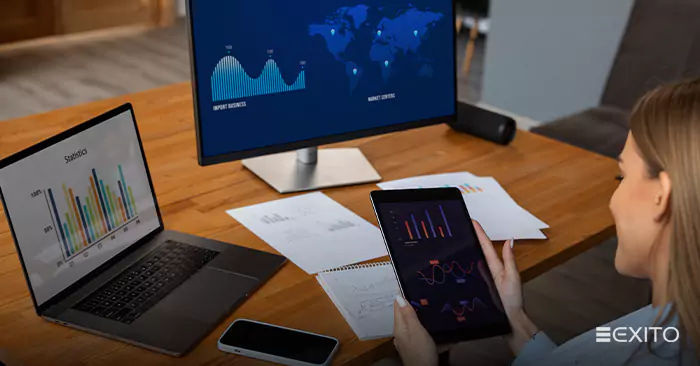Introduction
In an era dominated by Digital Transformation the landscape of Information Security has become more Complicated and demanding than ever before. Nowhere is this truer than in Thailand, where the rapid adoption of Technology has both remarkable advancements and Unique challenges in protecting sensitive data. As organizations grapple with the complexities of safeguarding their digital assets, one critical aspect emerges as a backbone for security access control.
Understanding Access Control in Thailand
Access Control is a crucial aspect of Information Security in Thailand. It involves the Management of Privileges and need-to-know access to protect Sensitive Data from Unauthorized Access.
In Thailand, access control is implemented to ensure that only authorized individuals or entities can access specific information or resources. This helps prevent Data Breaches, unauthorized modifications, and other security incidents.
Understanding the various aspects of access control in Thailand is essential for organizations to effectively secure their information and comply with relevant regulations and standards.
Implementing Role-based Access Control
Role-based access control (RBAC) is a widely used approach in Thailand to enforce access control policies. It involves assigning roles to users based on their responsibilities and granting permissions accordingly.
By implementing RBAC, organizations in Thailand can streamline access control management, reduce the risk of unauthorized access, and simplify user provisioning and deprovisioning processes.
To implement RBAC effectively, organizations should conduct a thorough analysis of their information assets, define roles and associated permissions, and regularly review and update access control policies to align with changing business needs.
Leveraging Multi-factor Authentication
Multi-factor authentication (MFA) is a powerful security measure that adds an extra layer of protection to access control in Thailand. It requires users to provide multiple forms of identification to verify their identity, such as a password, a fingerprint, or a one-time authentication code.
By leveraging MFA, organizations can significantly reduce the risk of unauthorized access, even if passwords are compromised. It adds an additional barrier for attackers and enhances the overall security of sensitive information and resources in Thailand.
Organizations should consider implementing MFA for critical systems, privileged accounts, and remote access to further strengthen their access control mechanisms.
Ensuring Secure Remote Access
With the increasing trend of remote work in Thailand, ensuring secure remote access is crucial for maintaining information security. Organizations need to implement Robust measures to protect data accessed from remote locations.
Secure remote access can be achieved through the use of Virtual Private Networks (VPNs), secure remote desktop protocols, and other Encryption Technologies. These measures help protect data in transit and prevent unauthorized interception or tampering.
Organizations should also educate their Employees about secure remote access practices, such as avoiding public Wi-Fi networks and using strong passwords, to minimize the risk of unauthorized access.
Regular Security Audits and Updates
Regular security audits and updates are essential for maintaining effective access control in Thailand. Organizations should periodically assess their access control mechanisms to identify vulnerabilities, gaps, and areas for improvement.
Security audits help organizations identify unauthorized access attempts, unusual user behavior, and potential security breaches. By regularly reviewing access control policies, organizations can ensure that they align with current security standards and comply with relevant regulations.
Furthermore, organizations should stay updated with the latest security patches, software updates, and industry best practices to address emerging threats and enhance the overall security of their information.
Conclusion
In Complicated Thailand’s digital landscape,access control emerges as a pivotal element in the ongoing battle to safeguard Sensitive Information amidst the relentless tide of Technological Advancement. As organizations navigate the complexities of information security, understanding and implementing robust access control measures stand as imperatives for Steeling defenses against Ever-evolving Cyber Threats.
